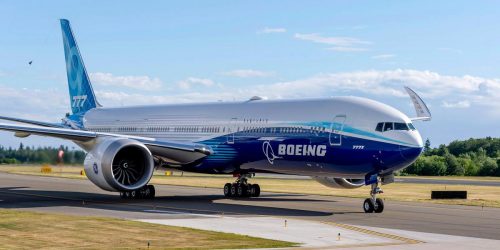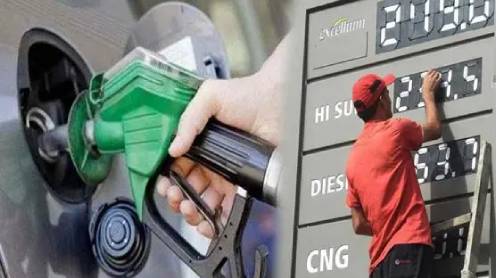Boeing has set an ambitious target that all of its commercial aircraft will be able to fly on 100 per cent sustainable aviation fuels by 2030, according to a statement on its website.
Currently, sustainable aviation fuels are mixed in a 50/50 blend with conventional jet fuel – the maximum amount allowed under specifications. Sustainable fuels can reduce carbon dioxide emissions by up to 80 per cent, with the potential to reach up to 100 per cent, according to studies by the Air Transport Action Group, the US Department of Energy and others.
“Our industry and customers are committed to addressing climate change, and sustainable aviation fuels are the safest and most measurable solution to reduce aviation carbon emissions in the coming decades,” Stan Deal, president and chief executive, Boeing Commercial Airplanes, said.
“We’re committed to working with regulators, engine companies and other key stakeholders to ensure our airplanes and eventually our industry can fly entirely on sustainable jet fuels.”
The International Air Travel Association has committed to cut emissions to half of the 2005 level by 2050 and pledged carbon-neutral growth starting from 2020. Commercial flying accounts for about 2 per cent of global carbon emissions.
To meet this target, aeroplanes need the capability to fly on 100 per cent sustainable aviation fuels well before 2050, the Chicago-based aircraft manufacturer said in the statement.
Boeing has previously conducted successful test flights replacing petroleum jet fuel with 100 per cent sustainable fuels. In 2018, the Boeing ecoDemonstrator flight test programme made the world’s first commercial aeroplane flight using 100 per cent sustainable fuels with a 777 Freighter, in collaboration with FedEx Express. The ecoDemonstrator programme uses commercial aircraft to test technologies in the air.
Sustainable aviation fuels can be made from non-edible plants, agricultural and forestry waste, non-recyclable household waste, industrial plant off-gassing and other sources.
“Sustainable aviation fuels are proven, used every day, and have the most immediate and greatest potential to reduce carbon emissions in the near and long term when we work together as an industry,” Chris Raymond, Boeing’s chief sustainability officer, said.





